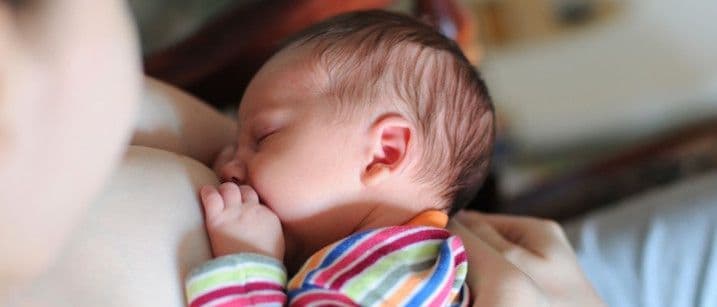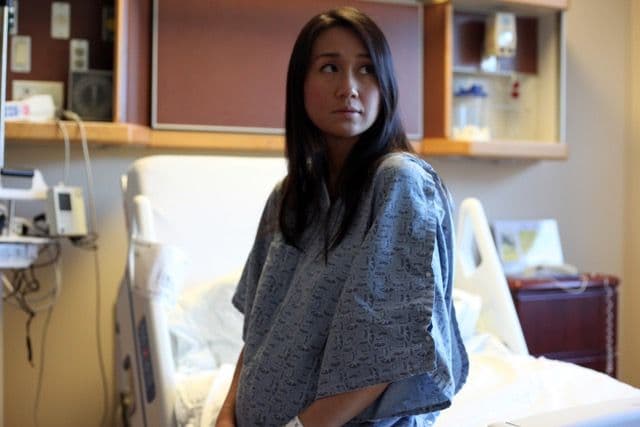Breastfeeding Reduces Breast Cancer Risk
Breastfeeding
Obie Editorial Team

Breastfeeding can lower the risk of breast cancer
Researchers affiliated with the Nurses' Health Study II have reported that breastfeeding decreases the risk of breast cancer in premenopausal women with a first-degree relative with breast cancer. The details of this study appeared in the August 10/24 issue of the Archives of Internal Medicine.
It has been thought for a long time that the earlier women have children and the more children they have, the lower their incidence of breast cancer. This observation has been used to explain the difference in breast cancer rates between developed countries, such as the United States, and developing countries, where giving birth occurs early in a woman's life and multiple children are common. Previous studies have shown that women with breast cancer have fewer births than women without breast cancer.
Breast cancer is also more frequent in women who have never breastfed than in women who have breastfed. It has been estimated that for every year of breastfeeding, the risk of breast cancer diminishes by 4.3% in addition to a decrease of 7% for each birth. It has been estimated that the incidence of breast cancer would be half what it is today if not for the reduction in family size and the reduction in breastfeeding.
What can research tell us about the correlation between breastfeeding and a lower risk of breast cancer?
Researchers from 52 institutions have also reported that breastfeeding for more than one year reduces the incidence of breast cancer in women with the BRCA1 gene but not BRCA2 gene. This study was conducted in institutions participating in a database for women who carry the BRCA1 and/or BRCA2 gene. The study involved 685 women with BRCA1 mutations and 280 with BRCA2 mutations. Researchers reported that women with a BRCA1 mutation who breastfed for more than one year had a 44% reduction in the incidence of breast cancer while no such reduction was apparent in women with the BRCA2 mutation. The authors pointed out that this 44% reduction in breast cancer risk with breastfeeding is much higher than is observed in the female population who do not have a genetic predisposition to breast cancer (for these women, the reduction is approximately 4%). These data suggest that the BRCA1 mutation is susceptible to hormone changes, while the BRCA2 gene mutation appears to be independent of these factors.
The current study evaluated breast cancer incidence in 60,075 parous women. There were 608 cases of premenopausal breast cancer in this group. Women who had ever breastfed had a 25% reduction in the risk of developing premenopausal breast cancer. There was no trend for the duration of lactation. Breastfeeding women with a first-degree relative with breast cancer had a 59% reduction in the risk of developing premenopausal breast cancer compared with women who had never breastfed. There was no association between breastfeeding and the risk of premenopausal breast cancer in women without an increased risk of developing breast cancer.
Source: Stuebe AM, Wiollett WC, Xue F, et al. Lactation and incidence of premenopausal breast cancer. Archives of Internal Medicine. 2009;169:1364-1371.
Read More












